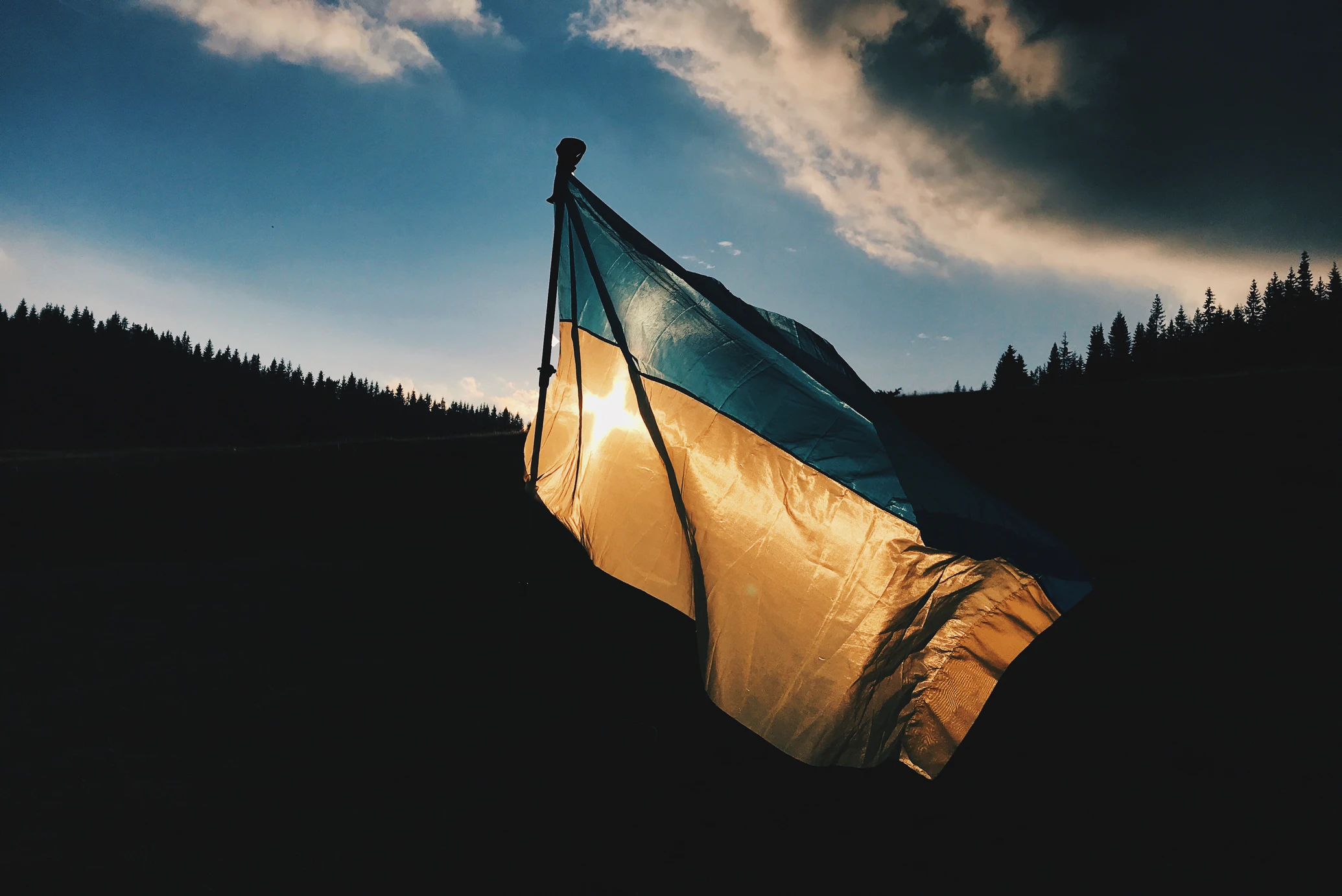
Russia’s Invasion of Ukraine
Rafael Domingo
This article is part of our “Russia/Ukraine: Law and Religion Perspectives” series.
If you’d like to check out other articles in this series, click here.
The bloody invasion of Ukraine by Russian troops has shaken the international order born of the ashes of World War II battlefields. Our fragile international system was shocked and stunned by the unbridled attack by Russia – a permanent member of the U.N. Security Council – whose leader is bent on seizing its neighbor Ukraine by force.
Russian President Vladimir Putin clings tightly to the erroneous notion that physical violence is ultimately necessary to achieve his ends, regardless of the truth. This was apparent in the speech he gave his nation seeking to legitimize the invasion. Putin rejected all other points of view and showed himself incapable of considering the global ramifications of his bellicose actions. He dwelt exclusively on his nationalistic ambitions, abandoned all reason, and fell back on his own narrow and revisionist views of history, bidding to justify the unjustifiable.
Not every possible international response to such an invasion can be legitimized by the fact that the means seek a noble end, even peace.
The question that arises is the following: how should the international community respond to a head of state who out of deluded thinking and imperialistic ambitions grotesquely violates the most basic principles of the modern world order by invading a sovereign country? As international law is insufficient to answer this question, I offer a series of guidelines that may be useful to properly manage this international conflict:
The ends do not justify the means. Not every possible international response to such an invasion can be legitimized by the fact that the means seek a noble end, even peace. This principle must be applied without hesitation in any confrontation, and especially in an armed conflict. For example, imprisoning, assaulting, torturing, or inflicting any other physical violence on Russian citizens at home or abroad in order to pressure to Putin would be absolutely unjustifiable.
The invasion of Ukraine is an affront to all humanity, not just Ukraine. Bombing Ukraine is tantamount to bombing any other place on Earth and killing Ukrainians is fratricide. Now, the fact that mankind and the planet we inhabit constitute an indivisible whole does not prevent each country, in this case, Ukraine, from the right – though not absolute – to its own territory. The territory of Ukraine belongs mostly to the Ukrainians since they are the ones responsible for its care under international law. However, this territory is not exclusively that of the Ukrainians’ because all Earth is an indivisible asset of mankind, a patrimony belonging to all humanity. Hence, the Ukrainians can legitimately receive international support for their defense and the international community should feel obliged to do so.
The Russian people have a duty to use all means to stop the attack on Ukraine. Members of the Russian military are not relieved of their moral obligation to stop the invasion by the mere fact that they are just carrying out orders. Shooting a Ukrainian is murder, even if the killing is carried out by a person in military uniform. The outspoken bravery of some Russian soldiers, who have dared to warn Putin of his erroneous path, deserves all international respect and support, much like the opposition of so many Russian citizens who have publicly condemned or protested against the invasion.
Any measure undertaken by the world community that threatens an escalation of violence must be avoided. This is so, even if such action would be legitimate under international law. The cure should never be worse than the disease. It would make no sense for the United States or NATO, for example, to invade Russia in retaliation, since another world war would be absolutely unacceptable.
Take the side of the victim. All nations in the international community have the obligation to support and side with the aggrieved nation facing unjust attack – that is, Ukraine. Each also has the duty to continue using diplomacy to seek to achieve peace. The position taken by those countries that have refrained from condemning the invasion is utterly unacceptable. As long as the conflict continues, all nations should show solidarity in one way or another with the Ukrainian people, whether it be by providing donations and aid, open arms and shelter for those fleeing the conflict, donations, prayers, fasting and encouragement, even messages of support via social media.

The international community has the right to impose all kinds of blockades and restrictions on Russia. This would include any financial or commercial restrictions, or any blockades by land, sea, or air. The world community also has the right to impose any political and economic sanctions against Russia it sees fit, as it is already doing around the globe.
Repelling violence with violence, however, is only acceptable in the territory under attack – not anywhere else as long as a specific place outside Ukraine does not also come under physical attack. The international community, especially NATO, can provide weapons to the Ukrainians to help bolster their nation’s defense against the Russian Army. They can also send military support to the Ukrainian people to defend themselves, but the area of armed conflict must be very carefully demarcated.
In conclusion, the international community, like a doctor using a scalpel to excise a tumor, must extirpate the conflict as quickly as possible, before it possibly goes out of control. The use of diplomacy, sanctions, and even the sending of weapons to a territory under attack are all admissible. But the use of physical violence to oppose the invasion is justified only on Ukrainian soil, and only at the hands of its people and those who back them in the defense of their nation.♦

Rafael Domingo is Spruill family Professor of Law and religion at Emory University and Alvaro d’Ors Professor of Law at the University of Navarra.
Recommended Citation
Domingo, Rafael. “Russia’s Invasion of Ukraine.” Canopy Forum, March 14, 2022. https://canopyforum.org/2022/03/14/russias-invasion-of-ukraine/.

